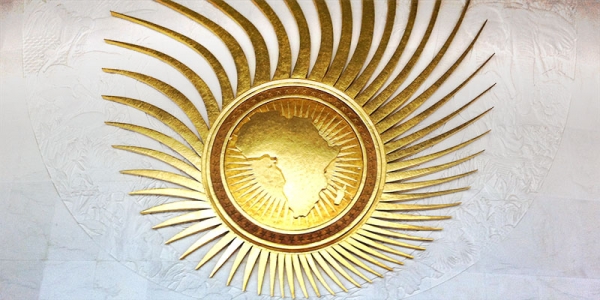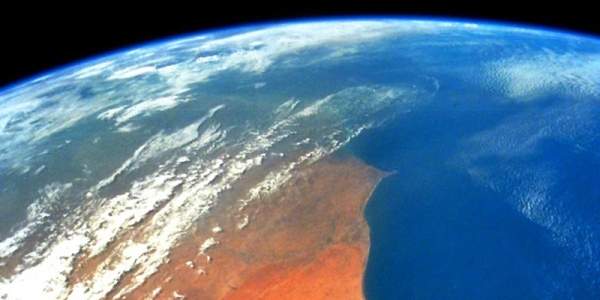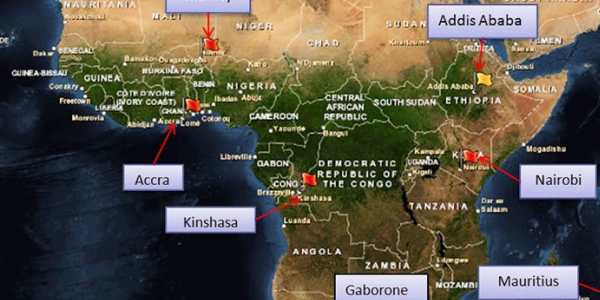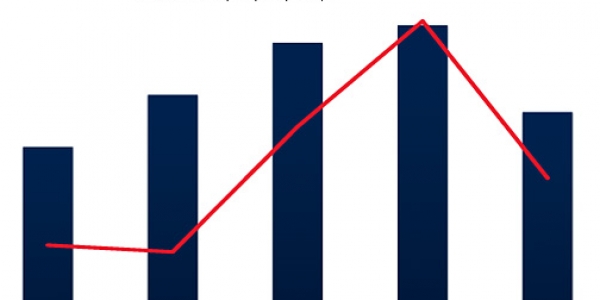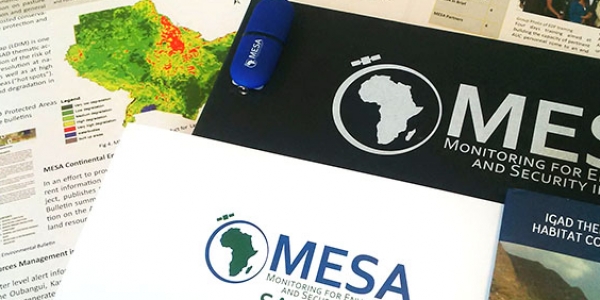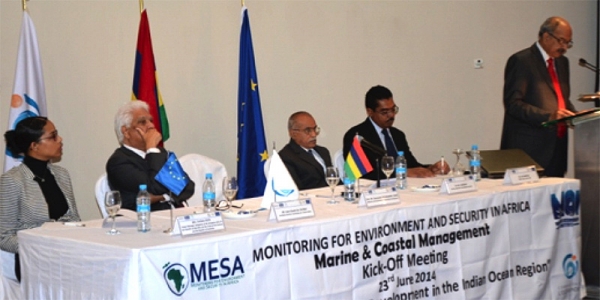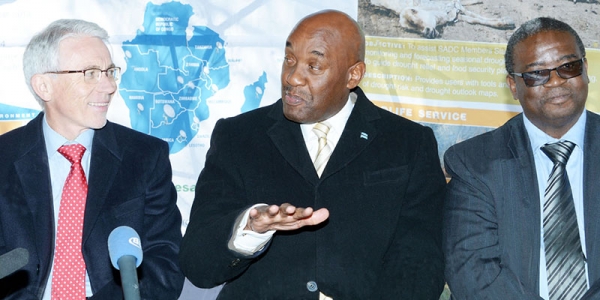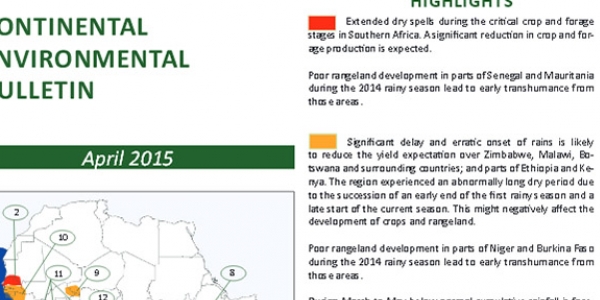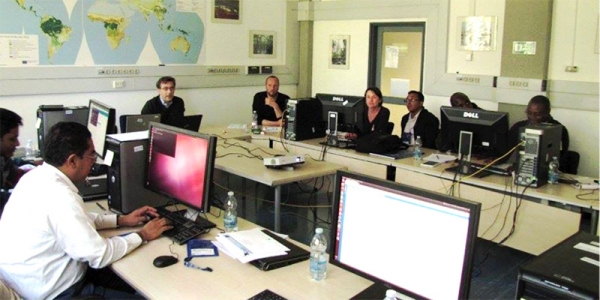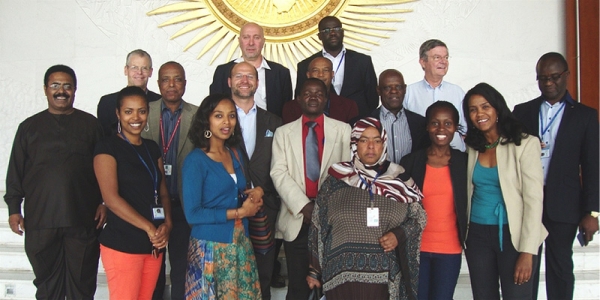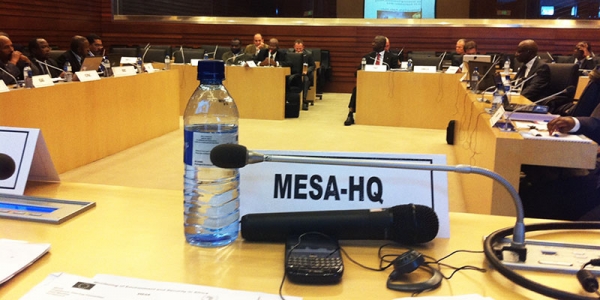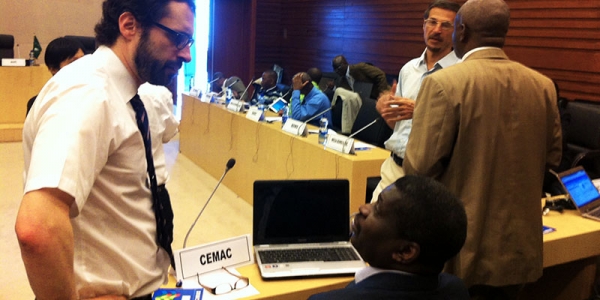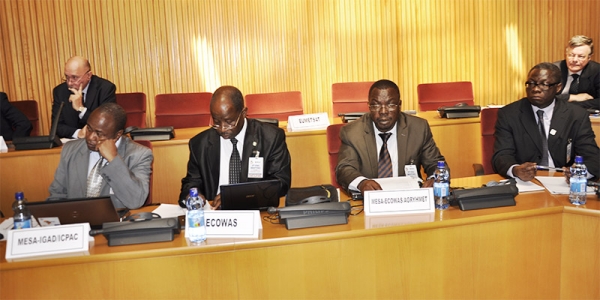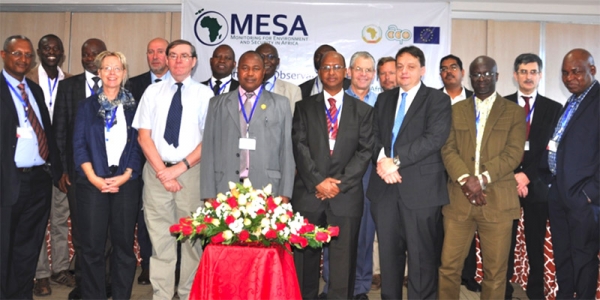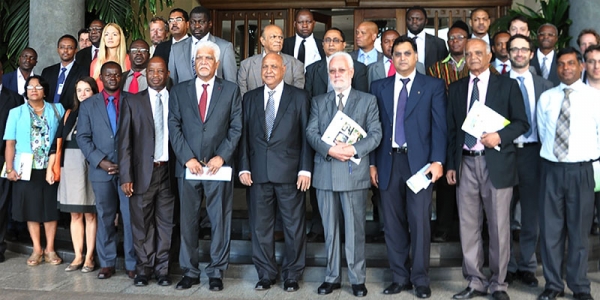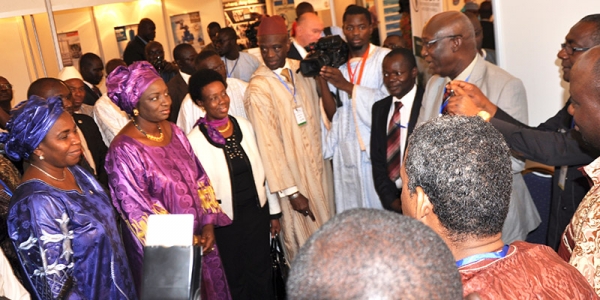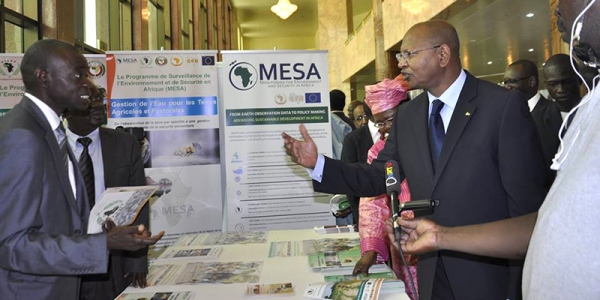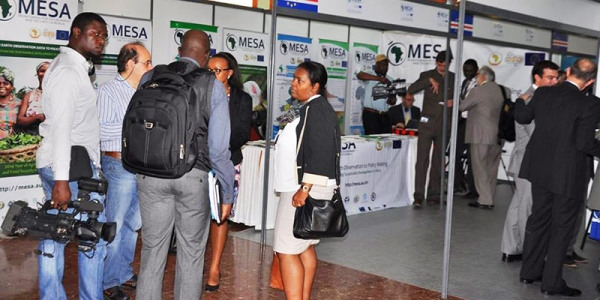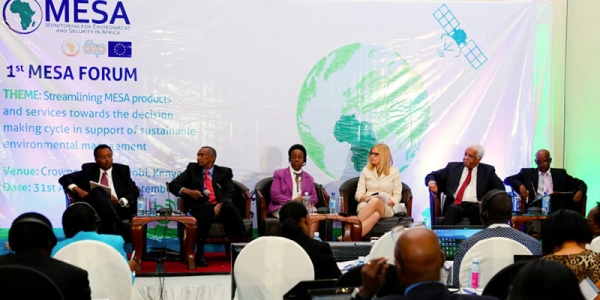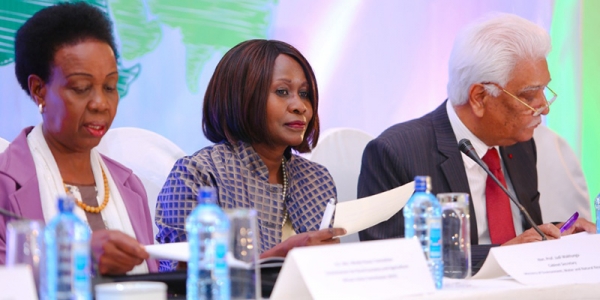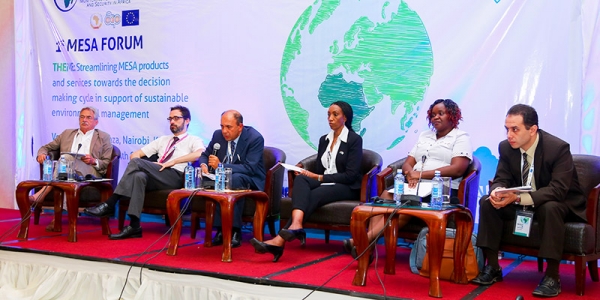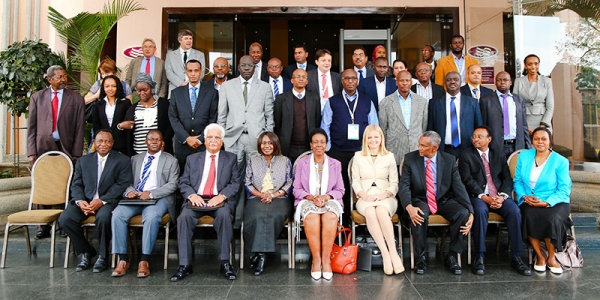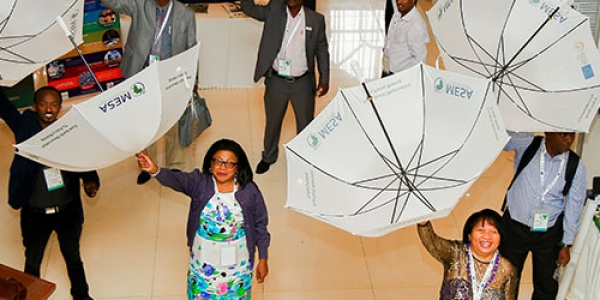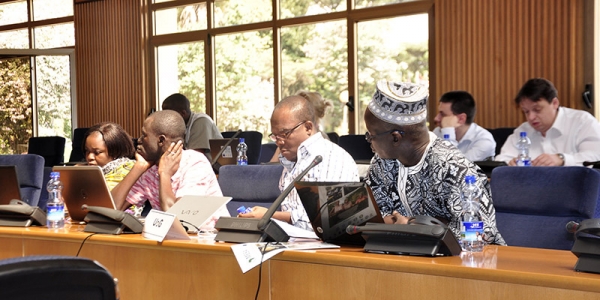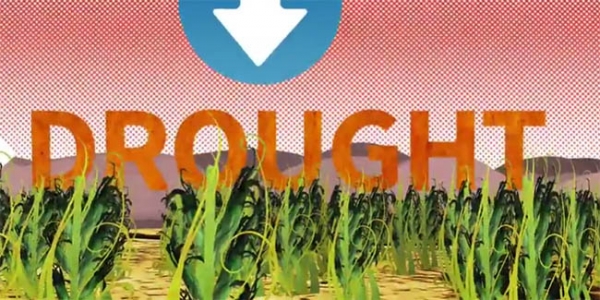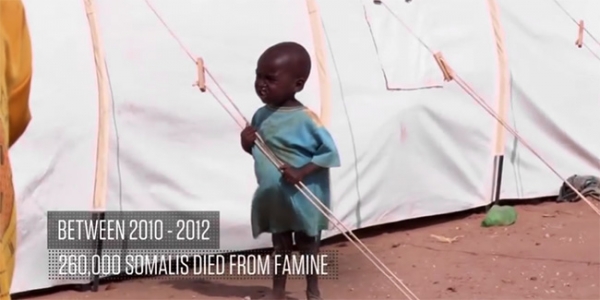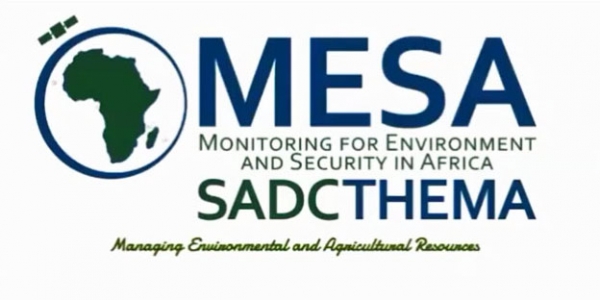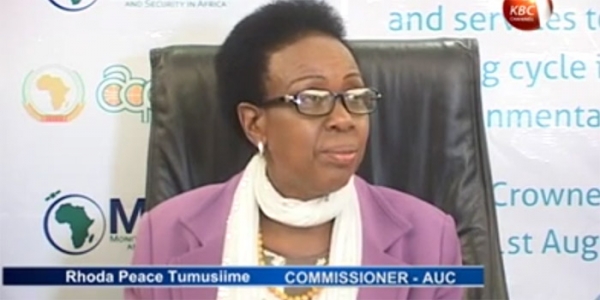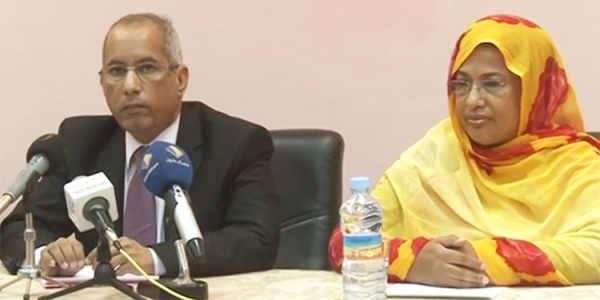Technical and development assistance to the programme ''Monitoring for environment and security in Africa'' (MESA)
The MESA programme works to increase the information management, decision-making and planning capacity of African continental, regional and national institutions mandated for environment, climate, food security and related responsibilities by enhancing access to and exploitation of relevant Earth Observation applications in Africa. That is, the project works to provide access to data gathered from satellite technology and to facilitate its applications.
In terms of stakeholders, the project involves national policy-makers from the 48 ACP countries; the African Union Commission (AUC); the 5 Regional Economic Communities (RECs) of Sub-Saharan Africa (CEMAC, ECOWAS, IGAD, IOC, SADC); 6 Regional Implementation Centres (RICs); one Continental Implementation Centre (CIC); EUMETSAT; the EU’s Joint Research Centre in Italy; African continental, regional and national institutions mandated for environment, food security, climate and related responsibilities; academia; and of course, the citizens of the 48 ACP beneficiary countries.
The data produced is tailored to citizens' needs — e.g. monitoring the water level and flow rate of key rivers used for commercial transport; water cycle information to help agriculture (best planting time, improved crop yields, etc.); flood and drought warnings; monitoring of the changing condition of rangelands for livestock management; tracking the depletion and/or degradation of forest resources and biodiversity; monitoring of marine pollution, fisheries resources and coastal erosion, etc. Thus, MESA, and the data it secures, has crucial impact for massive population numbers — in particular, the highly vulnerable populations living in rural, forest or deserted areas and areas exposed to natural hazards.
To deliver the benefits to end-users — and to leverage the work of prior projects (MTAP/PUMA under the 8th EDF, and AMESD under the 9th EDF) — 7 thematic areas (THEMAs) are being established across the 5 RECs and the AUC, related to water management, land degradation mitigation, natural habitat conservation, forests, coastal and marine resource management, agriculture, and continental-level climate change monitoring.
Through improved and sustainable access by African stakeholders to Earth Observation data and information across the continent, including climate change detection and scenario information, MESA allows for improved climate change effects mitigation; MESA supports African decision-makers and planners in the design and implementation of national, regional and continental policies and development plans towards sustainable development, socioeconomic progress and well-being of people, and achievement of the MDGs; and MESA provides improved cross-fertilisation (geographically and thematically) and cooperation among regions on the African continent and with European partners, in the interest of synergised, efficient and integrated information services on a continental scale.
